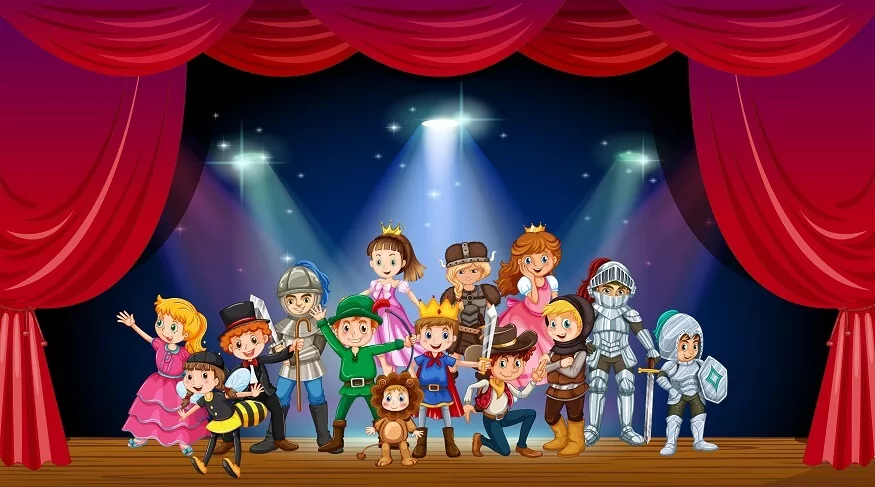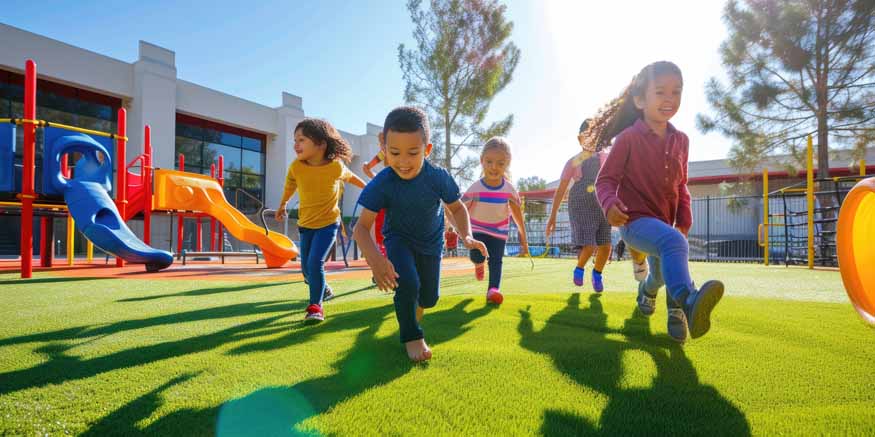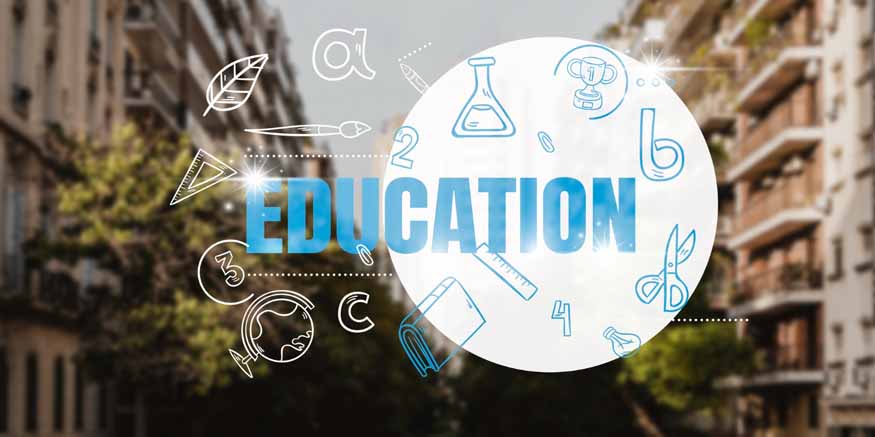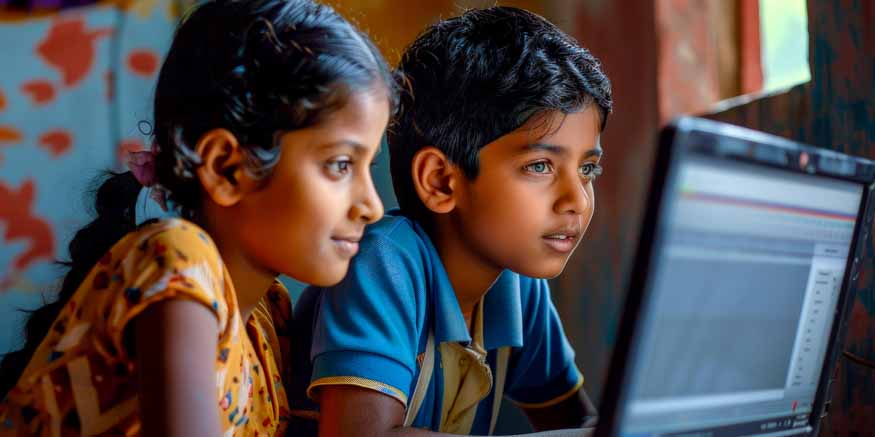The joy of being in school isn’t just about acquiring knowledge from textbooks; it’s also about expression, creativity, and collaboration. One of the most interactive and enjoyable ways to achieve this is by staging skits in schools. These performances not only entertain but can be used as tools for conveying powerful messages and inspiring change. This article will guide you on how to prepare skits, specifically focusing on inspirational skits for students, and provide you with skit preparation ideas for students.
Also Read: Understanding the Role of Drama and Arts in Education
Understanding the Power of Skits in Schools
Before diving into the preparation process, it’s essential to appreciate the significance of skits for students. Skits are short, scripted plays that often portray a message or story in a condensed manner. Their brevity makes them accessible, allowing even the most reserved student to participate. Additionally, when we talk about inspirational skits for students, we’re highlighting skits that motivate, challenge perspectives, and provoke thought. Such skits can leave a lasting impact on both the performers and the audience.
Also Read: Benefits of studying at top arts colleges abroad
Steps to Prepare Inspirational Skits for Students
Here are some steps to prepare inspirational skits for students
- Brainstorming Ideas
- Writing the Script
- Casting
- Rehearsals
- Props and Costumes
- Stage Setting
- Feedback Sessions
- Promote the Skit
The first step to creating a memorable skit is brainstorming. Gather your team and start discussing themes, stories, or experiences you’d like to portray. Inspirational skits often revolve around topics like friendship, resilience, ambition, and societal issues. During brainstorming, ensure everyone’s voice is heard. The most unexpected idea can turn into a masterpiece.
Once you have a theme, it’s time to draft your script. Remember to keep it short and crisp. Skits for students should be simple, relatable, and understandable by their peers. While writing, consider the setting, characters, dialogues, and the central message you aim to convey.
Based on the characters in your script, decide who’ll play which role. Consider the strengths and capabilities of each student. Sometimes, playing against type can yield surprising and delightful results.
Practising is crucial. It helps performers get into character, understand their cues, and become familiar with their lines. Regular rehearsals ensure that the skit flows smoothly on the final day. It’s during these sessions that you’ll also identify and rectify any flaws or gaps in the performance.
While skits typically rely on minimal props and costumes, these elements can amplify the message if used judiciously. For instance, if you’re doing a skit about historical figures, appropriate attire will make the characters more believable. However, it’s essential not to overdo it. The primary focus should always remain on the message and performance.
Considering most skits in schools are performed on makeshift stages or classrooms, it’s important to adapt. Set up your stage to reflect the environment of the skit. It could be as simple as rearranging desks and chairs or using curtains to depict different scenes.
After a rehearsal, have a session where performers and a few outsiders provide feedback. This constructive criticism helps refine the skit, ensuring it’s impactful and ready for the main performance.
Get your fellow students excited about your performance. Use posters, word of mouth, or even social media (if permitted) to create buzz. The more the audience, the more rewarding the experience.
Also Read: 10 reasons why Arts Integration in school is important
Skit Preparation Ideas for Students
Preparing a skit isn’t just about the steps but also about how to make the process enjoyable and educational. Here are some skit preparation ideas to enrich the experience:
- Theme Days:
- Character-building Workshops:
- Guest Speakers:
- Improv Sessions:
- Field Trips:
Assign days where rehearsals focus on specific themes. For instance, if the skit is about cultural diversity, have a day where everyone comes dressed in different cultural attire and shares something unique about it.
Have sessions where actors dive deep into their characters. They can create backstories, even if not mentioned in the skit, to better understand and portray their roles.
Invite local theatre artists or teachers to provide insights on how to prepare skits more effectively. Their experience can be invaluable.
While scripts are essential, improvisation can lead to magical moments. Allow your performers some freedom, and you might discover some brilliant additions to your skit.
Visit a local theatre or watch other schools’ skit performances. This exposure can offer inspiration and also give a sense of what works and what doesn’t in a live setting.
Skit ideas for students
Digital Detox: Set in a world where everyone is glued to their devices, a sudden power outage forces characters to rediscover non-digital joys. This humorous take on modern life can serve as a reminder of life beyond screens.
- Time Travel Tangle:
- Library Whodunit:
- Alien School Exchange:
- Superpower School:
- Eco-warriors:
A group of students accidentally travel back in time to significant historical events. With a mix of confusion, humour, and learning, they navigate their way, meeting famous figures and witnessing momentous events.
In the quiet realms of the school library, a mystery unfolds as a valuable book goes missing. With a detective mode on, students investigate, dropping hints and throwing red herrings.
Imagine a world where intergalactic exchange programmes are common. An alien student comes to Earth’s school, and both the alien and human students learn from the hilarious cultural mishaps.
In a school where every student discovers a unique superpower on their 10th birthday, chaos, fun, and responsibility intertwine as they learn to harness their powers for good.
Set in a world facing environmental issues, students transform into eco-warriors, using humour and wit to tackle problems and educate their peers on sustainable living.
Also Read: Why is Drama Education Important at Schools?
Skits in schools are more than just performances; they are experiences. They provide students with an avenue to express, collaborate, and inspire. By understanding the importance of inspirational skits for students and incorporating the various steps and ideas for preparation, students can ensure that their skit not only entertains but also leaves a mark on the audience. So, gather your team, brainstorm, and let the world of skits enhance your school life.
EuroSchool nurtures creativity, offering comprehensive guidance on skit scripting, character development, and stage dynamics, ensuring students are well-prepared and confident for impactful performances.









